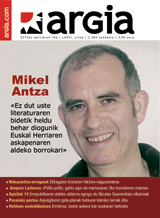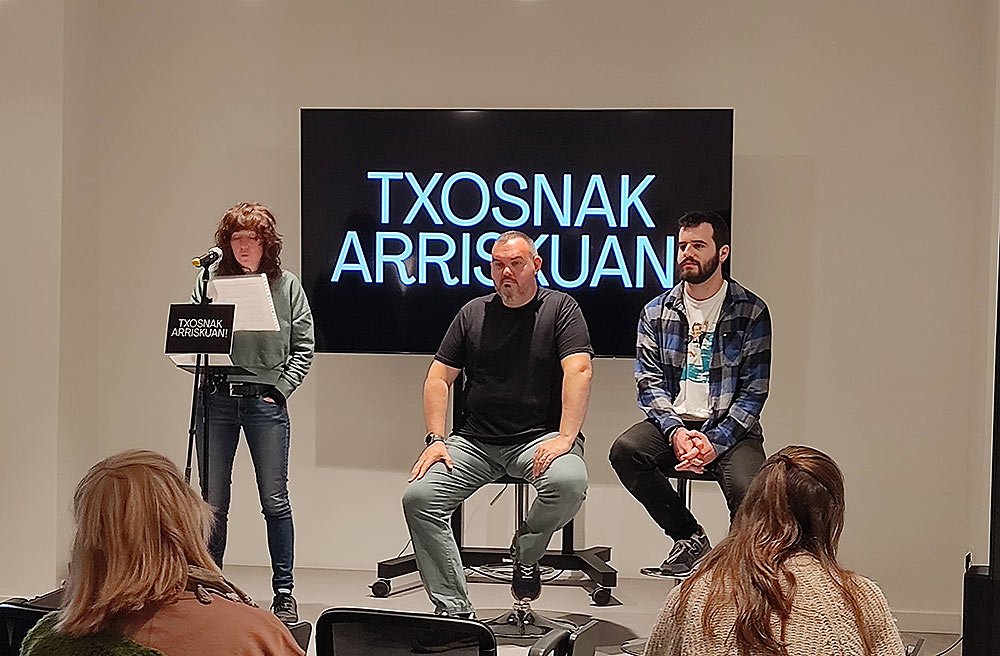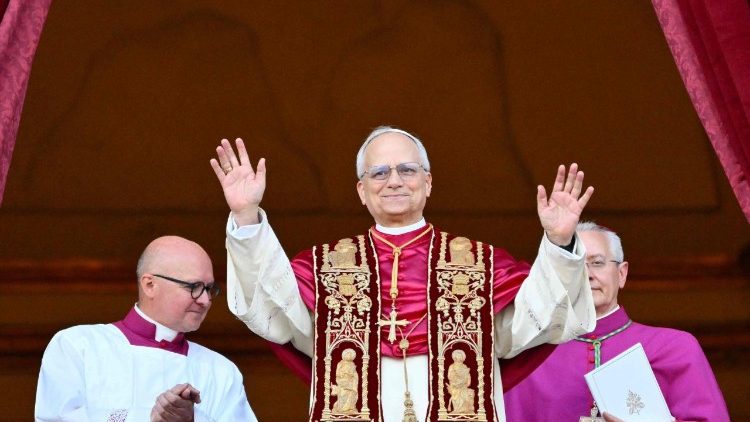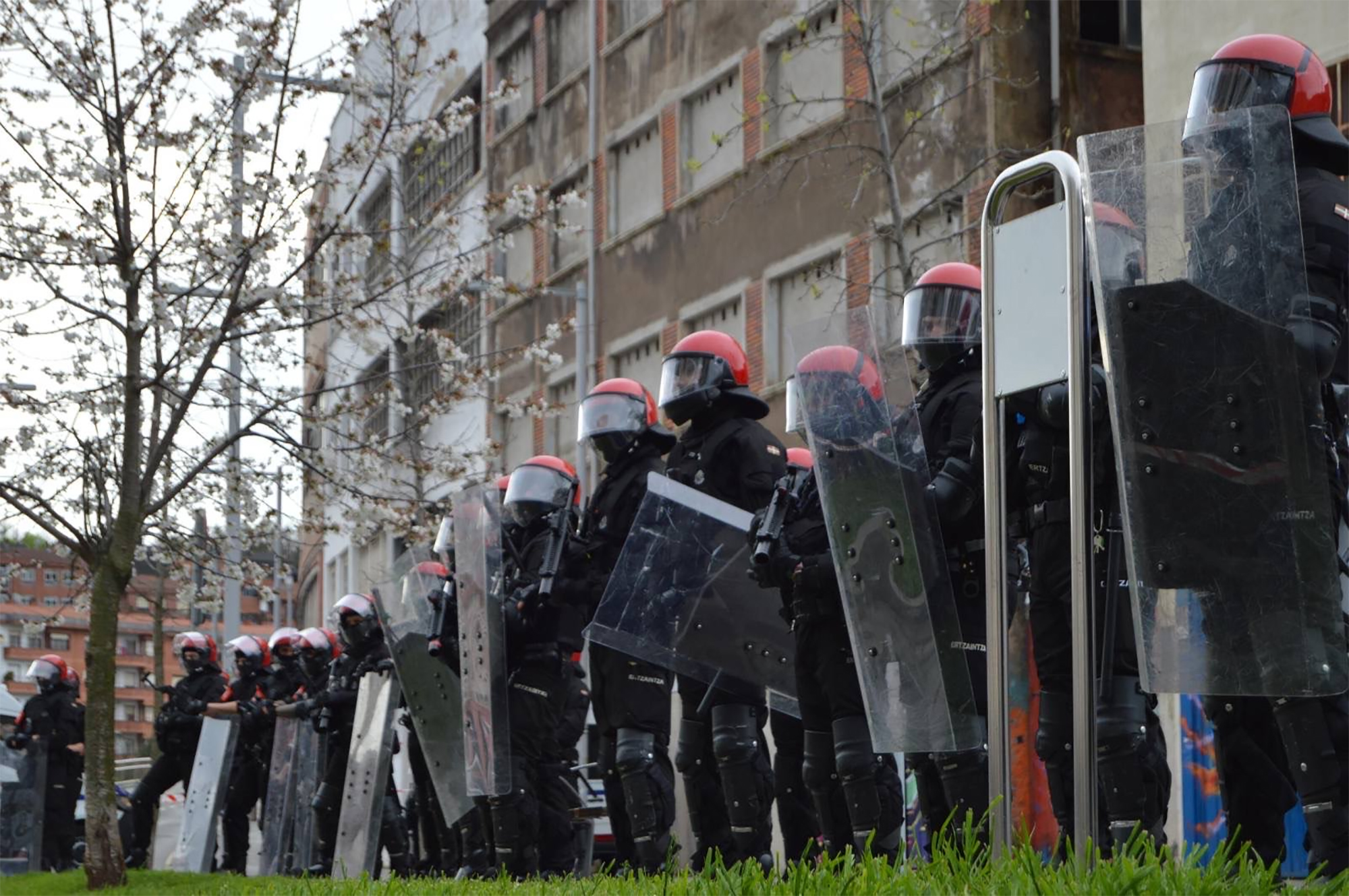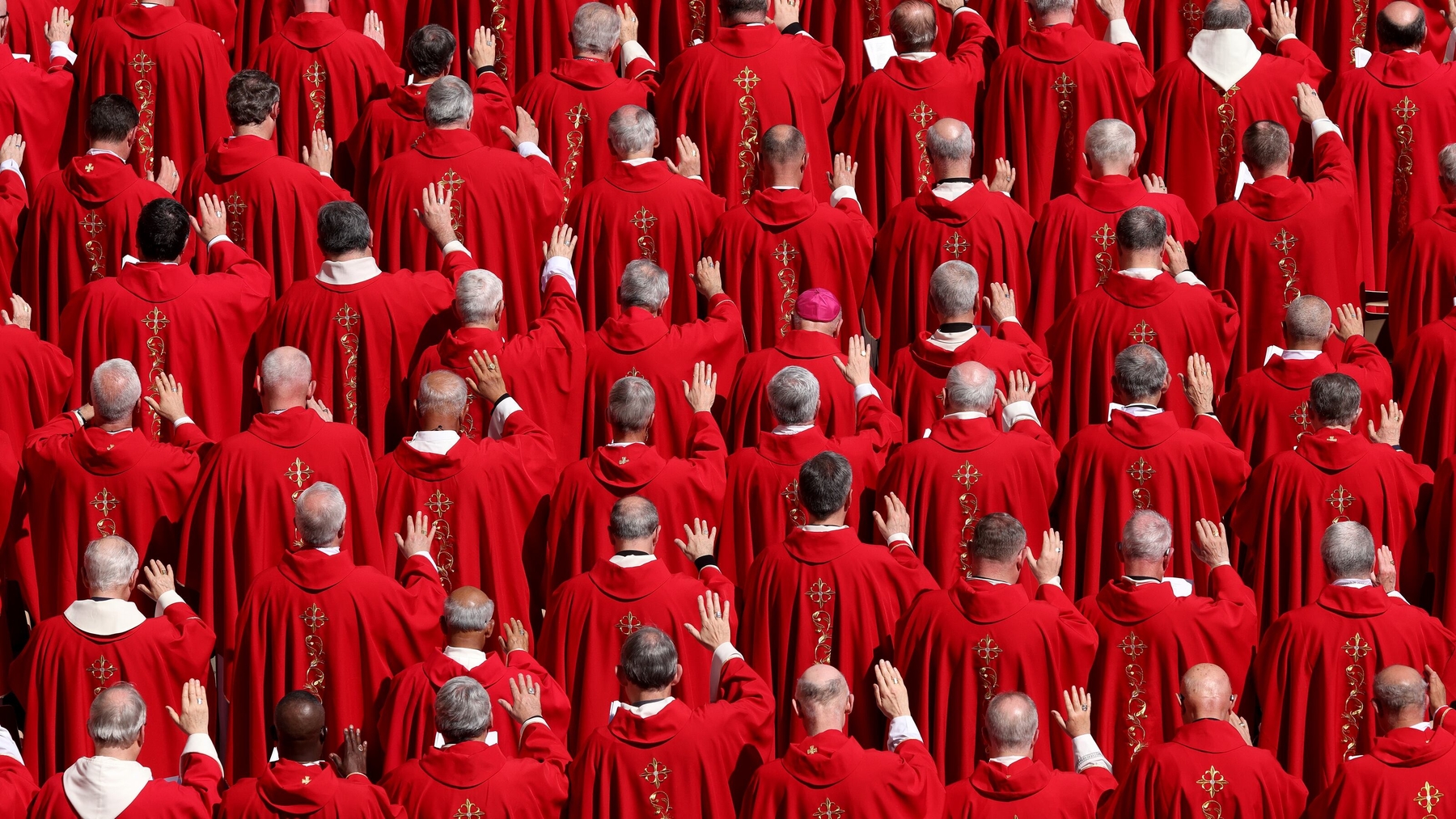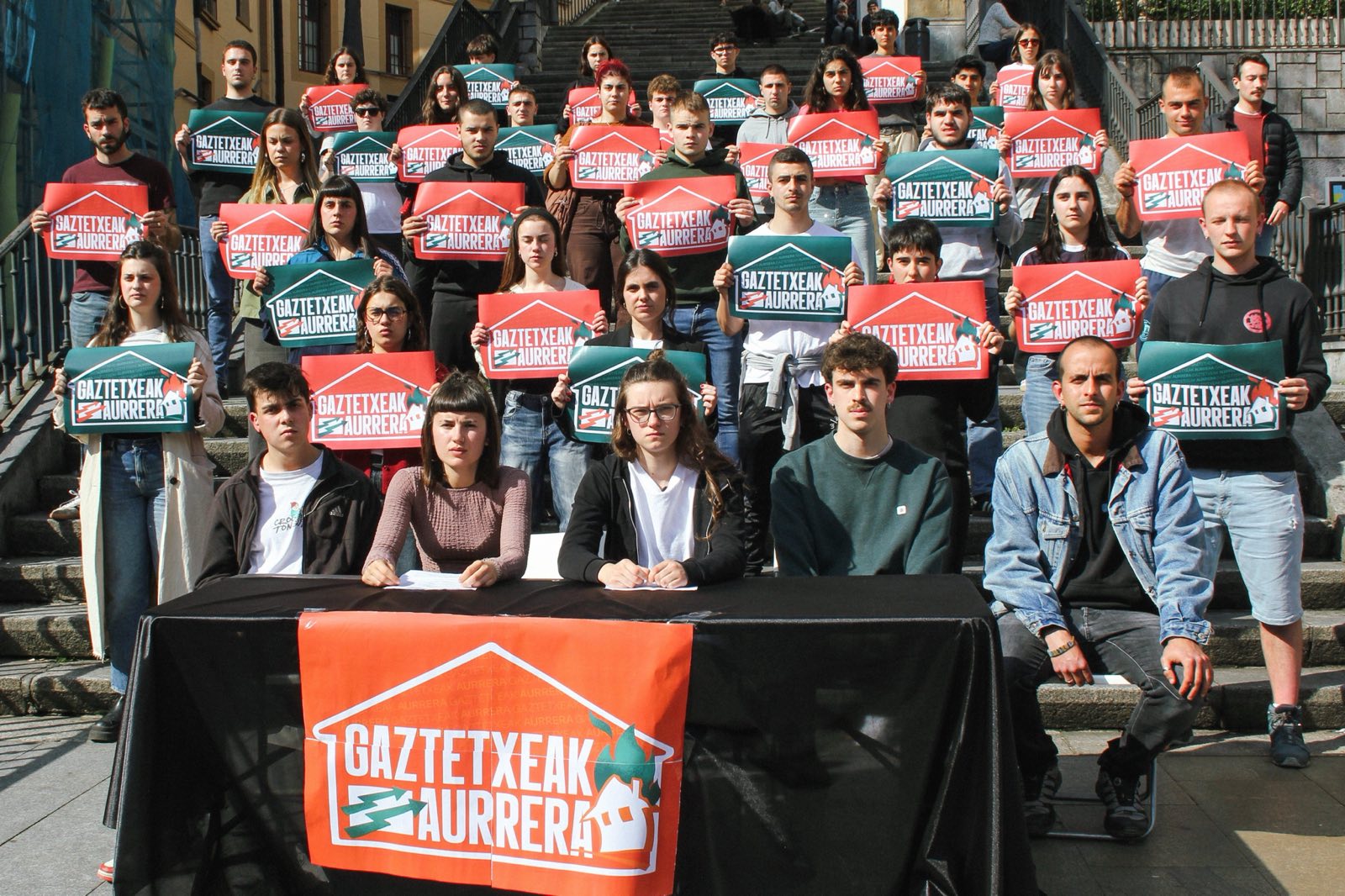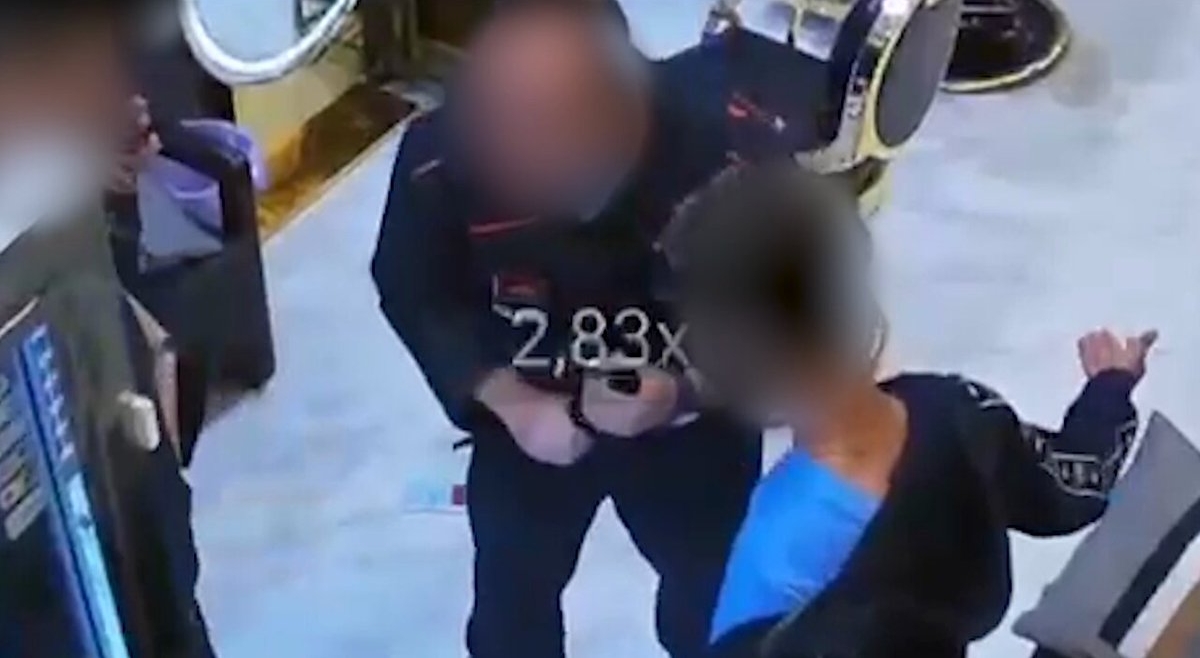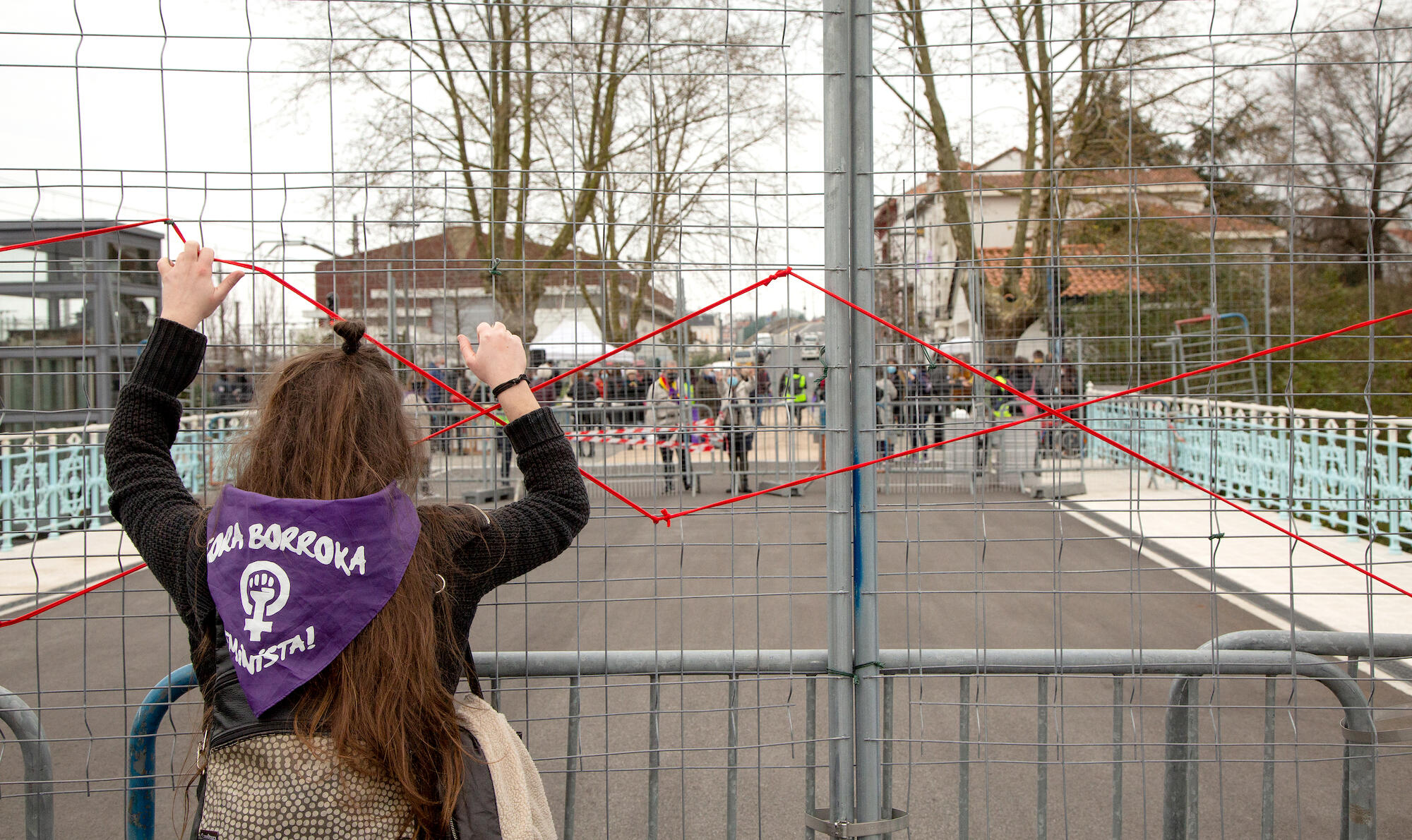Any republic is useless
- The Republican movements have as a reference the Nicolas Guerendiain association of Irun. Irun is a city with a great Republican tradition and its members work to recover historical memory. It is a question of abolishing the monarchy and proclaiming the establishment of the republic, but not of any kind, but born of the people, based on the real republican values.
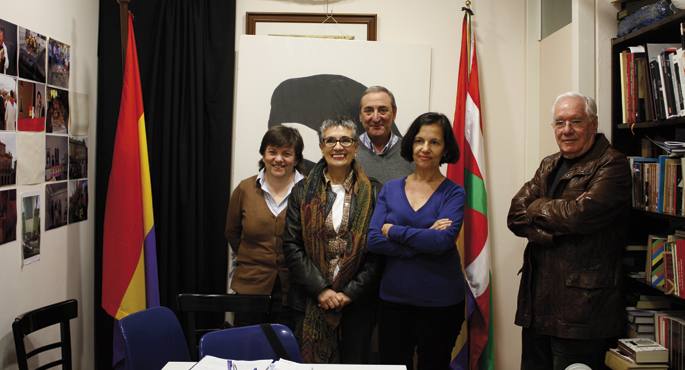
On the one hand, the members of the association want to change the political regime, arguing that the monarchy is a form of government that expires and expires with scandalous privileges. “We have a monarchy imposed in the Spanish state, imposed by Franco, and we want to choose our head of state for ourselves,” they say. This being the starting point, they claim the republic of the people, “for it is said, for example, that José María Aznar was also a Republican and that in the III. He wanted to be the first president of the Republic, but imagine what model he had established, a right-wing republic will not defend what we ask, which has the values of the people.” That is, the defense of the public, of human rights, social equality, judicial independence, secularism, the being for those who cultivate the land, the right of the people to own their destiny and to self-determination… In short, the principles enshrined in the Constitution of the Republic.
Junkal Oiarzabal believes that these are topics that are now in the middle of the day: “If you don’t see how education, health… are promoting private to the detriment of the public, the power that is given to religion, the savage capitalism that has spread and the latifundism of different places, to represent the unity of the Spanish homeland before the independence movements…”. The new educational model that wants to implement the PP, known as Wert reforms, is also significant: they want to turn students into a mansa workforce, “because culture is scary, it is dangerous for people to think, realize the injustices and know how to face them, it is not in their interest to educate well, but the strengthening of culture is one of the pillars of the republic”, added Tino Zamora. “Right now we are suffering another fascist blow – says Oiartzun – because what has been achieved in these 30 years has been destroyed in a moment and created fear in people, society is in shock for fear of losing its jobs. More than ever, it is necessary to abandon the monarchy and recover all these values.”
To this end, our partners Oiartzun, Zamora, Yolanda Allende, Jose Manuel Alvarez, Francisco Lusa and Mariabi Prieto collaborate. The association Nicolas Guerendiain, which has about 65 members, was formed in 2005. That year a few Republican days were held at the Athenaeum Kabigorri in Irun and more people came closer than they thought. They felt the desire and the need for such a partnership, they drafted their statutes and got to work. The republican sentiment of the members is often received closely, as most of them have relatives who have suffered a lot, killed, exiled, disinherited…
“Long live San Marcial the secular!”
His father, Nicolás Guerendiain, was the first Republican mayor of Irun at the end of the 19th century. His son Nicolas Guerendiain, on the other hand, was a municipal judge of Irun and received harsh criticism for the cry of “Viva San Marcial laica!” as a general of the Alarde that is celebrated at the festivities, through various media of the time. Following the 1936 military uprising, Rosa came to the commander of the Luxembourg battalion, fought in the defense of Irun and helped to prevent the prisoners in the fort of Guadalupe from being executed. When he was arrested, he was certain that he would not be killed. However, he was shot and, before, he was beaten and tortured, naked, tied by the street. There are many similar stories left by the War of 1936, Irun was completely destroyed – bombed by the fascists and then burned by the anarchists – and suffered brutal repression – the dead bodies were scattered on the road to the border with Hendaia.
“We don’t live from memory, but we don’t have to forget it either.” The association works with this philosophy, as it considers that there is a great lack of knowledge. They criticize that history has been partially told, that in their children's textbooks there is little room for the Republican era and its characteristics. And in many families, moreover, the past has fallen silent for fear. The story has been blurred, they say, “you hear people from each other, Republicans too…”; no, Republicans defended themselves and democracy voted by the people, attacked by fascism.”
Motions, studies, days... to recover the historical memory
In order to recover the historical memory, the association carries out numerous activities. In addition to organising tributes in shells of shot and dead – which meet every year in front of Pikoketa graves, for example – they investigate as far as possible the graves that are still hidden in the valley or the missing relatives. Through Pako Etxeberria of the Society of Sciences Aranzadi, the City of Irun has been asked to hire a person to investigate the graves existing in the valley. In fact, it cannot be excavated anywhere, there is a need for evidence and people have been called upon to contact the association to find out about some undiscovered pit. In the War of 36, 10% or less of those buried in makeshift graves have been found, “it is increasingly difficult, landscapes have changed, roads have been built, and the Memory Law says it is the responsibility of the State, but it only hinders and family members investigate and do this work. And what's the problem? If it is discovered that there is no judge, he is not entitled to economic and moral compensation.”
In December, Bildu transferred to the City Hall, at the request of the association, a motion to support the complaint of an Argentine judge against the crimes of Franco. The motion came forward with the abstention of the pp and the vote in favour of the other opposition groups. Through Bildu, it has also been possible to reserve a line in the municipal budgets for the placement of the monument to all the people who were shot in Irun during the Franco regime, “because it is shameful that they do not yet exist in the town, as in other places”. Beyond symbolic initiatives, they organise presentations of books, documentaries, exhibitions, conferences and conferences, on film, poetry or the press of the Republican era, on women, abortion – the rapporteur was Empar Pineda – on the crisis, the right to self-determination, secularism…
III. Red Republicana
In Euskal Herria, there is a growing number of associations in favor of the republic. From Tolosa, Sestao and Errenteria, for example, they have asked for sheet music from the hymn to the association Nicolas Guerendiain, which this year will raise the flag for the first time on April 14 in those localities. Gipuzkoa and Navarra are the territories where most movements occur. “The park of Sartagudo, for example, is impressive, you get goosebumps,” they explain. In particular, Navarros have been classified in Group III of the League ahead. Most of the Basque municipalities that have joined the Republican Network. In total, fourteen Basque municipalities participate in the network born in Andalusia in 2007: Aibar, Orkoien, Villava, Irurtzun, Altsasu, Berriozar, Ansoáin, Aoiz, Sangüesa, Ondarroa, Pasaia, Tolosa, Eibar and Baztan. What's the purpose of the network? “If you don’t do anything, you won’t get anything, the idea is to add forces step by step,” Mariabi Prieto replies.
What until recently was taboo, is now being debated on the streets and in the media, and the members of the association Nicolas Guerendiain do not see the republic very far: “It has been seen that the royal house is a gang of executioners and robbers and we think that yes, the republic will arrive, before what we believe, because the rulers themselves are no longer interested in the monarchy, but our fear is that they appropriate the republican model and deceive the people, imposing a republic without content, only in appearance, and let us be on equality, that is not a true republic.”
Apirilaren 14an Errepublikaren Eguna ospatzeko, prest dute dena Nicolas Guerendiain elkartekoek. Euskal Herrian errepublikaren alde egiten den festa bakanetakoa da eta seigarren edizioa dute dagoeneko. Urtero legez, martxa errepublikarrak zeharkatuko du Irun, hiriguneraino, eta bandera errepublikarra jasoko dute ondoren, musika bandak eta txalaparta soinuek lagundurik. Hitzaldia ere eskainiko dute. Azken bi urteetan, zintzilikatutako bandera lapurtu dute, gauez; “faxismoaren astinduak dira eta negargarria da bandera errepublikar batek ordezkatzen dituen baloreen eta horiengatik borrokatu duen jendearen aurka joatea”. Urdanibia plazan, Moskun, jarraituko du jaiak: besteak beste, graffiti txapelketa, xake jokoa, argazki eta literatur lehiaketa, II. Errepublikako olerkien erakusketa, umeentzako jolasak, liburu azoka, Irungo musika taldeen emankizuna eta ‘Egin tiro fatxari’ postu bitxia izango dira, Rouco Varelari edo erregeari pilota bota nahi dionarentzat.
Andrea Velasko dietista eta nutrizionistak elikaduraren bidez menopausiak eragindako aldaketak kudeatzeko zenbait gako eman ditu.
The Department of Education reported on diagnostic evaluations in February: He talked about the mid-stage of 2023 and the end-stage of 2024. Since the disastrous results would show that we have a structural problem, the department decided to comply with the procedure (publish... [+]
The pandemic has revealed, in all its crudeness, the consequences of the neoliberal model of care for the elderly, children and the dependent population. Now is the time to consolidate the critical discourses and community alternatives that flourished during the lockdown.”... [+]









